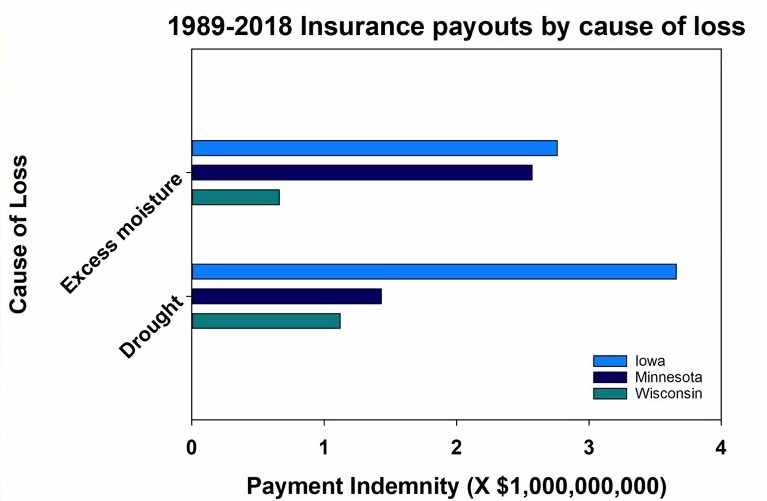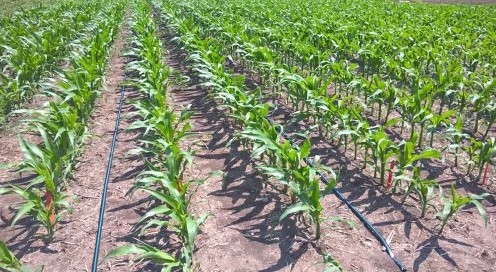
Please join us for the Iowa Learning Farms webinar at noon CDT, Wednesday, June 19, featuring Richard Roth, assistant professor and extension nitrogen education specialist, Iowa State University. Roth holds a Ph.D. in Agronomy from Purdue University. His research and extension program at Iowa State University focuses on engineering and optimizing nitrogen and sulfur management strategies to improve the efficiency and environmental sustainability of cropping systems in the Midwest.
In the webinar, “How Can Cereal Rye Affect Nitrogen Cycling and Crop Production?,” Roth will discuss both the benefits and risks related to cereal rye and cash crops. He will provide an overview of cereal rye cover crop systems and discuss how adopting cereal rye influences nitrogen cycling and potential subsequent impacts on growing crops. He will also introduce and highlight some management options and mitigation practices that can help to overcome potential risks from the impacts of cereal rye on nitrogen cycling.
“Cereal rye is excellent at scavenging nitrogen from the soil profile, but not great at returning that nitrogen to the soil in a plant available form for growing crops,” said Roth. “Cover crops, specifically cereal rye, are one of the most effective tools in a farmer’s toolbox to help improve soil health and minimize nutrient losses from their fields, but understanding potential risks associated with cover crop adoption is key to success in these systems. I hope that participants learn the potential risks associated with cereal rye but also gain an understanding that shifts in management can be made to help overcome the risk.”
Webinar participants are encouraged to ask questions of the presenters. People from all backgrounds and areas of interest are encouraged to join.
Webinar Access Instructions
To participate in the live webinar, shortly before noon CDT June 19:
Click this URL, or type this web address into your internet browser: https://iastate.zoom.us/webinar/register/WN_xtAwWXycQZW8iwtNLz34GA#/registration
Or, go to https://iastate.zoom.us/join and enter webinar ID: 999 3709 5398
Or join from a dial-in phone line:
Dial: +1 646 876 9923
Meeting ID: 999 3709 5398
The webinar will also be recorded and archived on the ILF website, so that it can be watched at any time. Archived webinars are available at https://www.iowalearningfarms.org/webinars For a list of upcoming webinars visit https://www.iowalearningfarms.org/events-1
A Certified Crop Adviser board-approved continuing education unit (CEU) has been applied for. Those who participate in the live webinar are eligible. Information about how to apply to receive the credit will be provided at the end of the live webinar.



